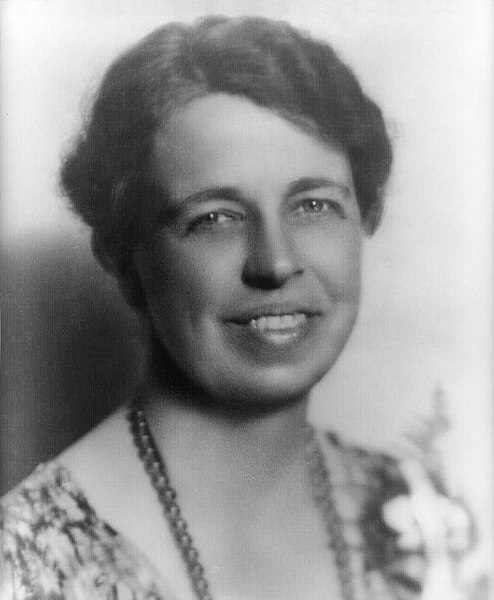Eleanor Roosevelt, a name synonymous with activism and humanitarianism, is often remembered as the First Lady who redefined the role during Franklin D. Roosevelt’s presidency. However, her legacy is far richer and more complex than many realize. Behind her public endeavors, Eleanor harbored a deep personal journey of transformation and empowerment—a story that makes her achievements even more remarkable.
Early Life and Personal Transformation
Born into the prominent Roosevelt family in 1884, Eleanor faced a challenging childhood, marked by the loss of both parents and a brother by the age of ten. Raised by strict and distant relatives, she grew into a shy and insecure young woman, burdened by self-doubt. Her escape from this emotional seclusion came through her education at Allenswood Academy in London, where she encountered Marie Souvestre, a feminist educator who profoundly influenced her worldview and self-confidence.
Returning to the United States as a new woman, Eleanor engaged in social work in New York City’s impoverished neighborhoods. Her marriage to Franklin D. Roosevelt seemed to promise a continuation of her active engagement in public service, but it initially confined her to the traditional roles of wife and mother. However, Eleanor’s spirit was too vibrant to be stifled. She continued her community work, joining the Women’s Trade Union League and teaching at the Todhunter School, experiences that honed her advocacy skills.
Political Partnership and First Lady
The real turning point came with Franklin’s polio diagnosis in 1921, which threatened to end his political career. Rather than succumb to despair, Eleanor became his political partner and eyes on the ground, engaging in public appearances and political campaigns on his behalf. Her role expanded dramatically when FDR became President in 1933. As First Lady, Eleanor shattered precedents—holding press conferences, writing a daily newspaper column, and speaking out on human rights, children’s causes, and women’s issues.
Champion of Civil Rights
During and after her White House years, Eleanor became a champion for civil rights, challenging segregation and advocating for African American rights. She was fearless in her stance against racial injustice, often putting herself at odds with both public opinion and political colleagues. Her efforts were not limited to the United States; she played a significant role on the world stage, particularly as a delegate to the United Nations. There, she was instrumental in drafting the Universal Declaration of Human Rights, asserting her belief in the inherent dignity and equality of all human beings.
Recognitions and Awards
Eleanor Roosevelt’s public victories were a triumph over her private battles, a testament to her resilience and her deep conviction that one should always “do the thing you think you cannot do.” Her transformation from a withdrawn, insecure girl into a confident, outspoken woman and leader is a profound legacy.
In recognition of her extensive humanitarian efforts, Eleanor received numerous accolades. Notably, in March 1936, Rollins College in Winter Park, Florida, honored her with the Algernon Sydney Sullivan Award. This award is given to individuals who demonstrate remarkable character, integrity, and service to humanity, reflecting the very essence of Eleanor’s contributions to society. Her acceptance of this award was marked by her characteristic humility and grace, and she used the occasion to emphasize the importance of social responsibility and the power of individual action in bringing about meaningful change.
Eleanor passed away in 1962, but her influence endures in the countless lives touched by her advocacy and the ongoing struggles for human rights and equality. And now, recognizing the depth of her personal struggles and the breadth of her public impact, you know…the rest of the story.
Back to all News items.


